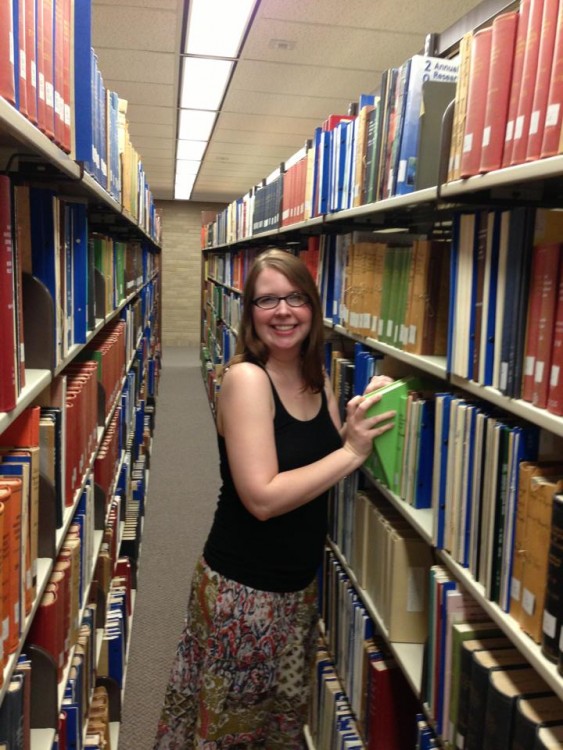When I learned I had a condition that would detrimentally affect the rest of my life, I immediately thought: My life as I know it is over. As I sat there in the hospital bed with my new diagnosis after three days of tests, I was fighting panic and attempting to laugh my tears away. I refused to break down in front of anyone, but especially myself. I could not let myself feel the sorrow and loss that was my old life. I did what I always did when confronted with difficulty: I ignored it and pretended it didn’t bother me. This led to years of denial so supreme, I’d even initially refused medication and the help of loved ones.
When faced with a daily struggle to live, I have had to fight each and every minute to prevent the darkness, always hovering on the periphery, from consuming me with despair. Losing hope with a chronic illness is one of the most harmful things we can do to ourselves. The early years of my diagnosis were the hardest — not because the illness was at its worst, but because I was grieving the death of my old life and refusing to look forward and hold onto hope for a happy future. Ironically, now that my condition is worse following the birth of our son, there is a difference. This time, I have hope.
It’s taken years to realize I haven’t lost myself in this illness. I still have the same core beliefs, the same heart and feelings and the same desires as I did before my diagnosis. I am, at my core, the same person. Rather than view my illness as an enemy to combat, I am slowly learning to welcome it as a friend and incorporate it into my life. While I would much rather be very distant acquaintances, I have to accept the fact that my illness and I are very intimate friends. Something I should give forethought to, take care of and always treat with respect.

Through this process I’ve learned to advocate for myself and question my doctors, change doctors and try different medications and treatments. I’ve connected with some amazing online communities that understand the daily struggle of my illness. I’ve grown stronger in my relationship with God and found my faith a great solace when it’s hard to get through a particularly symptomatic day. I’ve learned to be more open about my illness and show those around me the difficulties I face, so they can have more understanding and patience not only with me, but with others who have conditions that cannot be seen on the surface. I have also learned to stop looking back on what I’ve lost.
Practicing mindfulness and living in the present has helped me move away from dwelling on the past and what I can no longer do. Now, my mind is consumed with what I can do now, in the present moment. I may have to accommodate for future activities, but I don’t have to let the thoughts and worries limit my joy of life. My body may never be free of this illness, but someday soon I hope my mind and heart at least will be free – free of the sorrow, hurt, guilt, embarrassment and all the negativity that comes with living with a chronic, invisible illness.
We want to hear your story. Become a Mighty contributor here.

